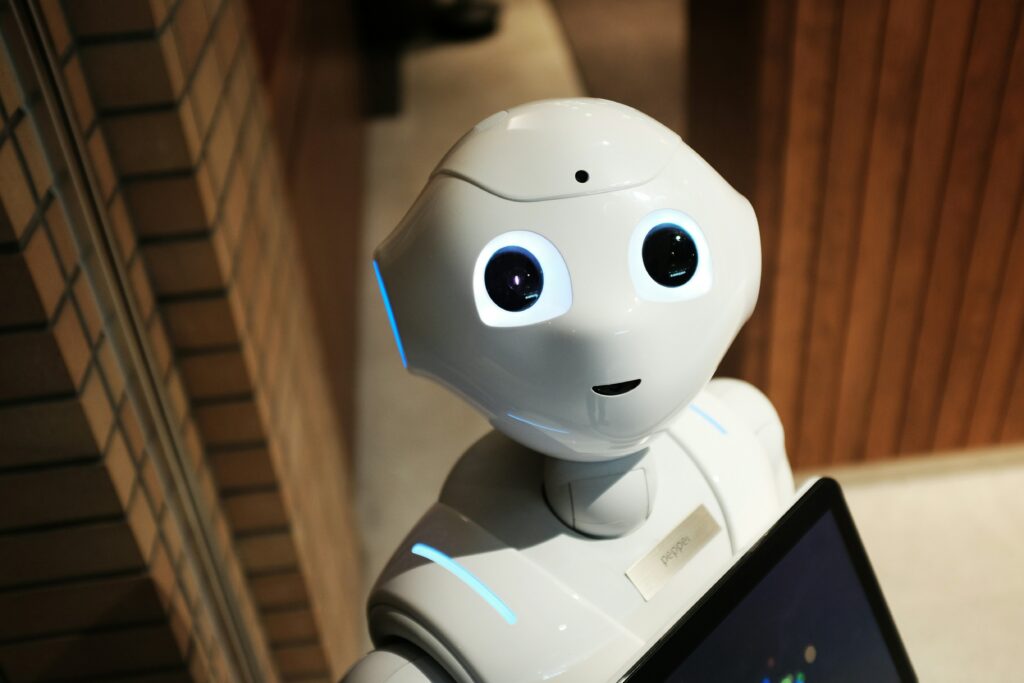Hey there! Today, let’s take a trip down memory lane and explore the incredible evolution of the World Wide Web from 1991 to 2023. Since its humble beginnings, the Internet has completely transformed our lives, revolutionizing how we communicate, work, and live. And the best part is, it’s only getting better! As we dive into the major turning points of the Web’s history, we’ll also peek into the future to discover the exciting trends and predictions that will shape our digital landscape beyond 2023. Get ready for a thrilling journey through time as we unravel the past, present, and future of the World Wide Web. Let’s get started!
The Evolution of the World Wide Web
The World Wide Web has come a long way since its inception in 1991. What started as a simple method for academics to exchange knowledge has now become a global platform that shapes our daily lives. Let’s take a look at the major turning points in the evolution of the World Wide Web from 1991 to 2023:
Birth of the Web (1991-1995)
In 1991, Tim Berners-Lee introduced the web at CERN. Initially, it was a text-based platform that relied on hyperlinks and HTTP for navigation. By 1993, web browsers like Mosaic made the web accessible to a broader audience.
Dot-com Bubble (1995-2000)
The dot-com bubble in the mid-1990s resulted in a commercial boom as businesses flocked to the internet. However, many of these businesses experienced failure. Nevertheless, this period laid the foundation for online shopping and the internet-based economy.
Rise of Social Media and Web 2.0 (2001-2009)
The early 2000s saw the rise of social media platforms like Facebook, MySpace, and Friendster, enabling people to connect with others globally. The introduction of Web 2.0 improved user experiences by allowing for user-generated content.
Mobile Revolution and Apps (2010-2015)
The advent of smartphones and mobile internet brought about a shift to mobile-centric experiences. App ecosystems led by Apple and Google changed how we accessed content and services, making it more convenient for users.
Age of Streaming and On-Demand Content (2016-2020)
Streaming services like Netflix and YouTube gained immense popularity during this period, offering on-demand content. Faster internet speeds and improved infrastructure supported the growth of streaming platforms.
Internet of Things (IoT) and Smart Devices (2021-2023)
Integration of the Internet of Things (IoT) soared, connecting smart devices to the web. Voice-activated virtual assistants like Alexa and Google Assistant exemplified the significance of IoT. This integration created a more interconnected and automated society.
The evolution of the web continues, with advancements in artificial intelligence (AI), virtual reality (VR), and web accessibility on the horizon. The future promises exciting developments that will shape our digital landscape even further.

Trends and Insights for the World Wide Web Beyond 2023
Looking beyond 2023, there are several key trends and insights that will shape the World Wide Web:
The Internet of Things (IoT) Integration
The Internet of Things (IoT), which enables communication and data collection between common objects, will significantly impact the evolution of the web. By 2023, the number of connected wearables, commercial machines, and smart home appliances is expected to increase exponentially. IoT integration will facilitate a fully integrated society, simplifying and automating daily life.
Artificial Intelligence (AI) and Machine Learning
The integration of AI and machine learning into the World Wide Web is transforming businesses. AI and ML technologies automate tasks, improve decision-making, and personalize experiences for customers. Virtual assistants and chatbots driven by AI will advance in sophistication, offering seamless customer support and individualized experiences.
Web 3.0: The Decentralized Web
Web 3.0, a concept of a decentralized internet, will give users more control over their data and online experiences. In 2023, we can expect the development of decentralized platforms driven by blockchain technology. These platforms will enhance security, privacy, and data ownership, challenging the dominance of centralized tech corporations.
5G and Beyond: Faster and Ubiquitous Connectivity
The introduction of 5G technology will have a significant impact on the World Wide Web. With faster speeds, lower latency, and larger capacity, 5G will offer lightning-fast downloads, real-time communication, and smooth streaming. This will improve the overall user experience and make online interactions more fruitful.
Augmented Reality and Virtual Reality
Advancements in augmented reality (AR) and virtual reality (VR) technologies will continue to impact the World Wide Web. From immersive online retail experiences to virtual meetings and educational applications, AR and VR will change how we consume content and communicate online. The use of AR and VR applications is predicted to increase in 2023, expanding the potential of the web.
Continued Focus on Web Accessibility
As the internet becomes more integrated into our daily lives, web accessibility for all remains a primary concern. In 2023, there will be a greater focus on developing accessible web experiences for individuals with disabilities. Businesses will recognize the need to reach a wider audience by offering accessible information and services, and developers will follow accessible design best practices.

Conclusion
Looking ahead to 2023 and beyond, the World Wide Web will continue to reshape industries and tear down barriers in our lives. With interconnection, artificial intelligence, blockchain technology, and immersive experiences becoming prevalent, we anticipate an environment of endless possibilities. However, it is crucial to be mindful of potential challenges such as data privacy, security, and ethical concerns. By embracing ethical innovation and collaboration, we can build a future online that empowers individuals, stimulates creativity, and promotes a more connected and inclusive society.
For the latest tech trends, visit www.onpassive.com.
